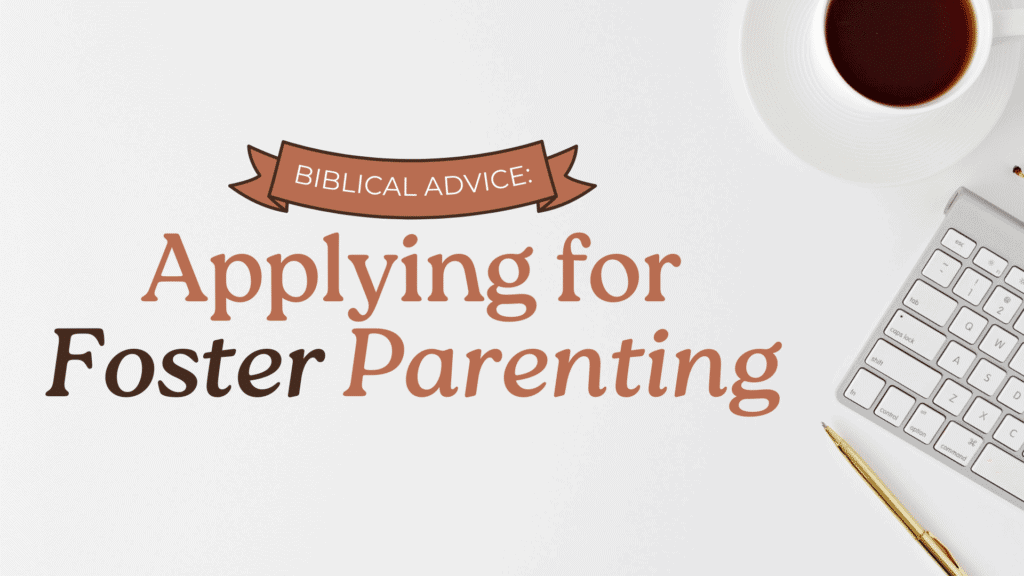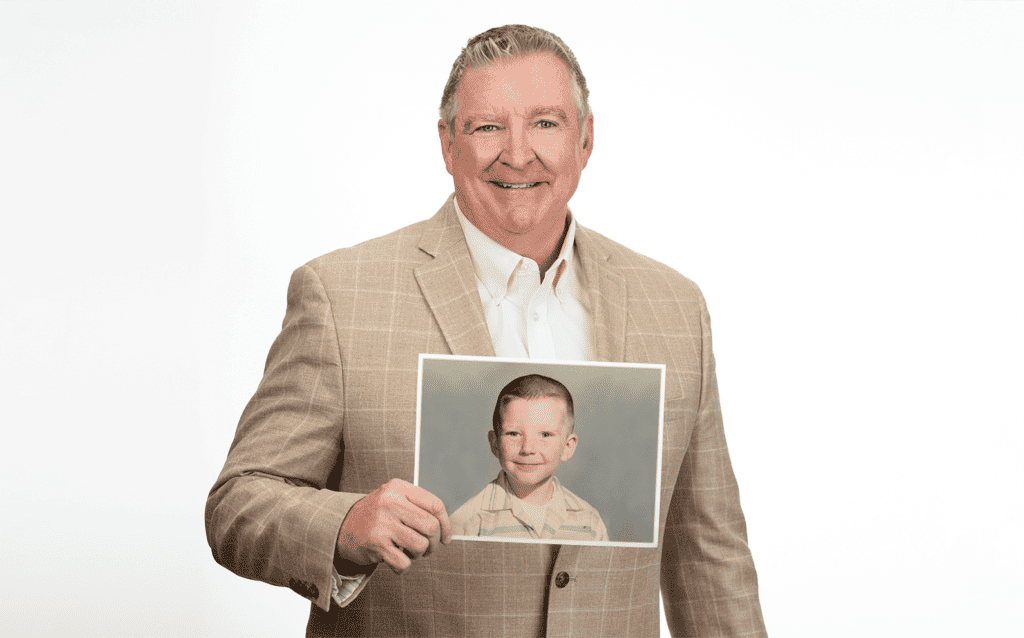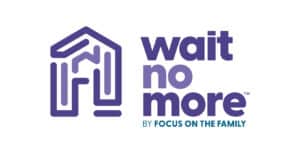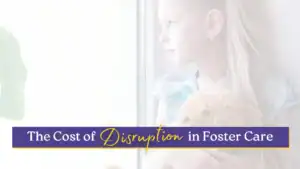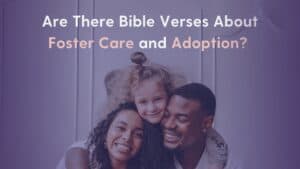I stared at an email from our social worker stating that my husband, Gerritt, and I would not be approved as foster parents in the province of Nova Scotia. Our case would instead be deferred until we sought professional counseling. That was in 2013. Later we learned that we required further scrutiny, but it wasn’t to assess safety or our house rules; it was to investigate our Christian faith.
The Obstacles to Adopting a Child
My husband and I had struggled through infertility, researched international adoption, and decided that domestic adoption aligned most closely with our values. But in our province that year, the waiting list for adopting an infant or a young child was around 10 years.
With this realization, we felt the Lord opening our hearts to fostering. We had a deep desire to parent, and we knew there was a shortage of foster homes. So I wrote to our foster care assessment worker: “My husband, Gerritt, and I were approved to adopt. We only need our home study updated for foster care. Please let me know when we can expect a visit from you.”
That initial visit turned into months of meetings, many of which felt like interrogations grilling us about our faith and our interpretation of certain Scriptures. With each visit, Gerritt and I began to believe that we were the problem.
The Challenges to Adopting a Child
We weren’t the only ones going through a similar scenario. I met a fellow writer, Amanda, at a conference last summer. She and her husband, Levi, attempted to become foster parents in the Canadian province of Ontario years ago. However, they were rejected because their values and beliefs didn’t align with those of the various children’s aid societies responsible for child protection and placement. We’ve found that licensed Christian adoption and foster agencies are rare across Canada.
By the grace of God, we adopted our daughter in 2016 after fostering her for a year and a half. Our little family has since moved stateside to Colorado Springs, Colorado, and among the cultural differences from Canada, we have found more options and resources for foster and adoptive families in the U.S. My husband’s brother and sister-in-law, Ray and Julie, are prime examples.
When they signed up with a Christian foster care agency, Ray and Julie weren’t interrogated; they were assigned a licensing agent and were connected with team members who took on the roles of ally, navigator, counselor and expert. We’ve enjoyed watching their family expand from biological to foster to adoptive. We’ve welcomed new cousins into the family, and we’ve gained a context to talk with our daughter about her story. This sense of community and deep understanding of foster care and adoption are priceless.
Find out more:
- Tons of resources and helpful ideas at WaitNoMore.org
- Transitioning From Foster to Adoption Parenting
- The Adoption Journey
- What a Former Foster Youth Wants You to Know About Foster Care
Resources for Adopting a Child:
What can you do if, like Gerritt and me back in 2013, you’re so new to the foster care system that you don’t know what your needs are or what questions to ask? What if you require advice from someone who knows your needs better than you do? Or do you know a couple who are interested in fostering and already feel overwhelmed by the complexities of the system?
Imagine working with a group of people who share your faith and convictions, have expertise in the complex system you are involved in and are available for a call 24/7. Now imagine them showing up and sharing that load in a way that meets your specific needs. Here are a couple of places to start.
Foster Care Agencies
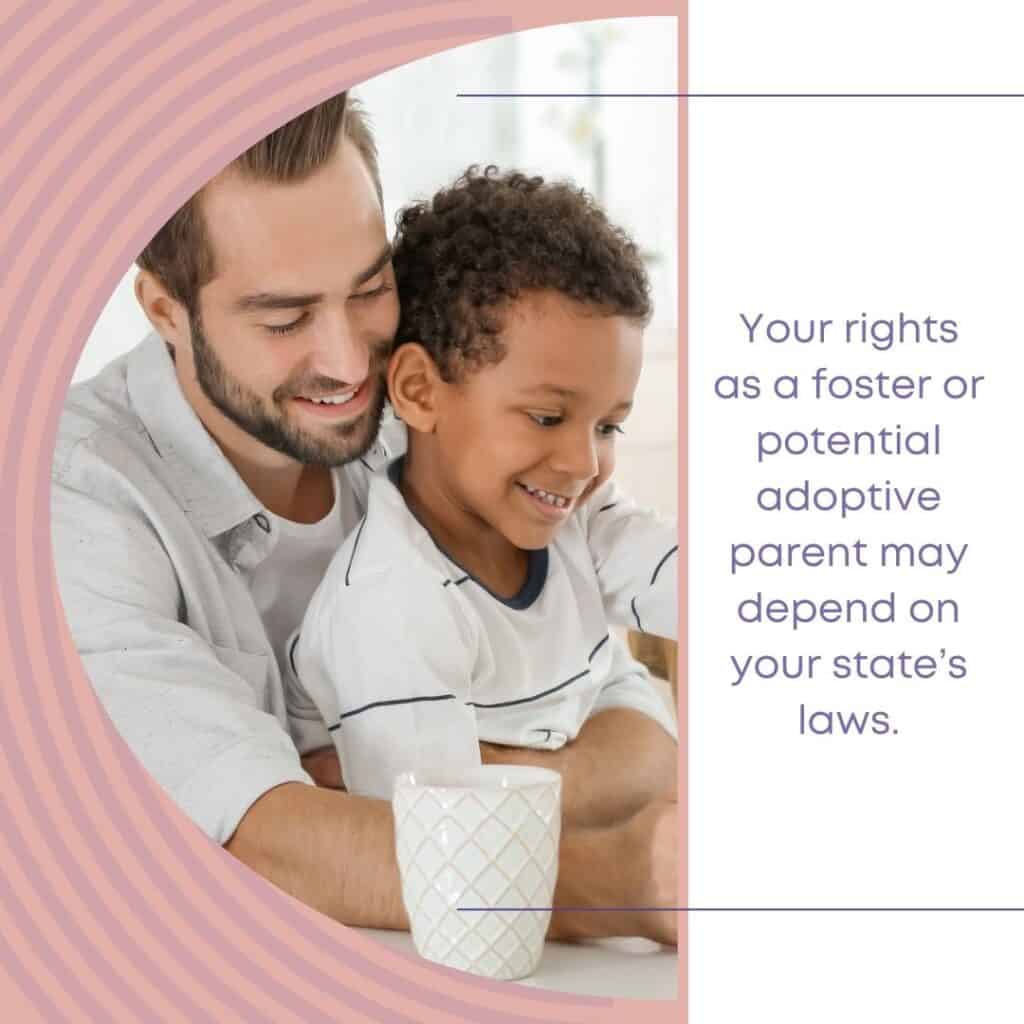
A foster agency. Foster agencies can provide valuable resources, expertise and know-how. A foster agency’s staff is well versed in state rules and regulations, and often many of them have either previously worked for the county’s department of human services or they’ve interacted with them extensively. I was simultaneously overjoyed that such places exist for families and filled with a deep sadness for the missed opportunities Gerritt and I experienced because we lacked similar resources.
The Church
Your church. While not designed to handle all that a foster agency can, the church is a place of respite that can offer foster families support through prayer, meals, child care, clothing and mentorship for children.
When I compare my foster parenting experience in Nova Scotia with what I’ve seen in the United States, I just want to shout from the mountaintops, “There are so many resources here. Use them!”
Foster and Adoptive Support
If you feel called to come alongside other families who are considering foster care, offering a few basics to lighten their load can make all the difference. That might be delivering a meal, watching their kids or dropping off clothes.
Adoptive mom Kris Pelican suggests making specific offers, such as:
• “I’m taking my kids to Awana. I can take your kids every Wednesday so you can have the night off.”
• “I’m doing back-to-school shopping. What can I pick up for you?”
• “I’m bringing over a pizza and salad. What kind of pizza do you and your kiddos like?”
• “I’m taking my kids to the park. I can take your kids so you have time alone with your kids you’re fostering.”
• “I’m coming over so you can have a nap.”
WaitNoMore.org
Rewards When Adopting a Child
Fostering children is a widespread need, but the path to get there varies from place to place and family to family. I encourage you to surround yourself with a solid support system, find other foster families to talk with about their experiences, and connect with a Christian foster care agency if you are blessed to live near one. The rewards you receive through support and this new family formation will be amazing!











